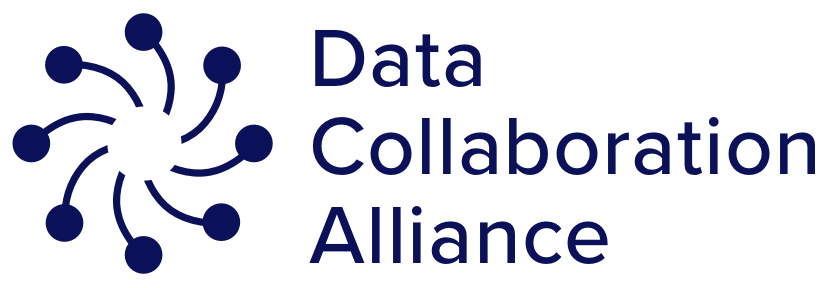
The Data Collaboration Alliance is a nonprofit organization committed to the advancement of meaningful data ownership and global collaborative intelligence, with a focus on reducing and ultimately eliminating data copies. The Data Collaboration Alliance operates Node Zero, a free community of data-savvy students and professionals who come together to collaborate on open datasets and free tools in support of their sector and important causes. The Data Collaboration Alliance members self-organized into different domains, including ‘Collaborative Privacy’, ‘Collaborative Sustainability’, and ‘Collaborative Health’. The MUCP student team will kickstart the ‘Collaborative Cities’ domain working on the design and delivery of a free research tool based on how datasets produced by multiple urban stakeholders can be combined and organized for communities, planners, and researchers to use in the future.
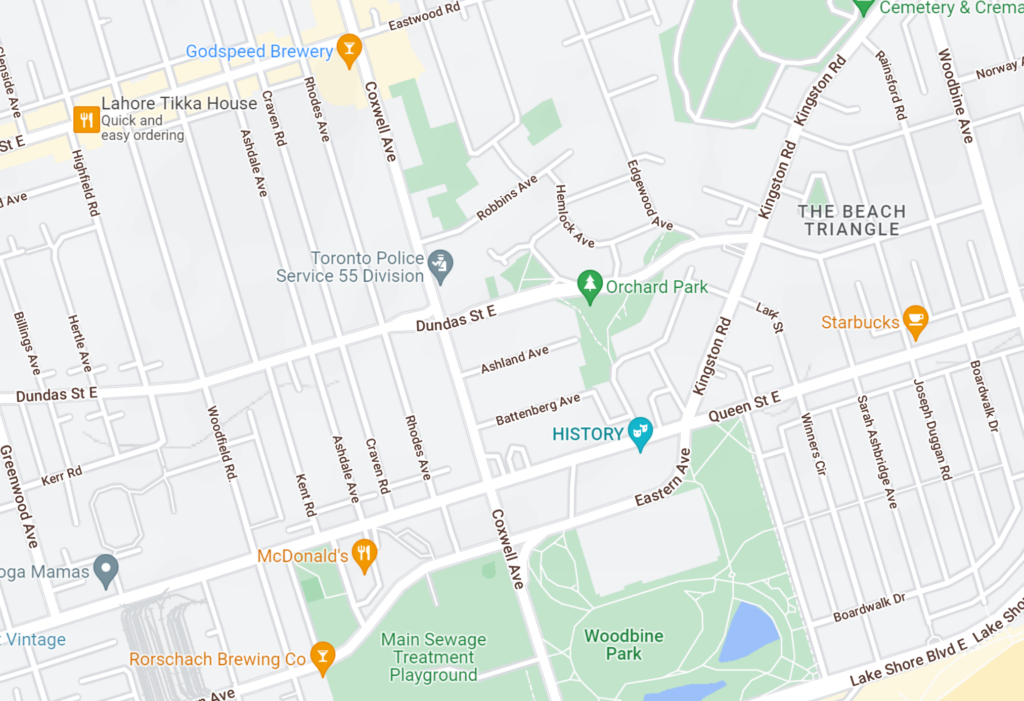
HousingNowTO is a pro-bono professional services collective that uses data, planning and architectural best practices to ensure that the City of Toronto maximizes opportunities for creating new affordable-housing on surplus City-owned lands. This MUCP student team worked on an upcoming HousingNow project to reimagine a 1.8 acre site that houses a police station in the east side of the City (moving to a new location in 2026), by designing multiple options for affordable housing that integrate social equity and climate and social justice. MUCP students participating in the project provided HousingNowTO with insights and actionable analysis to help them influence the future direction of the site with the City of Toronto.

Town+Gown is a New York City-wide action research program, housed within the New York City Department of Design and Construction, that provides research resources for practitioners and academics to develop and facilitate projects, including experiential learning engagements with students. The MUCP worked with Town+Gown will help to address the complex problem of aging subsurface infrastructure in NYC which is causes considerable traffic delays, high capital expenditures, and other social and environmental issues due to ongoing repairs. The students assisted city agencies and local communities, especially those that are underserved by capital improvements, address chronic infrastructure vulnerabilities in an equitable manner that responds to community infrastructure and social needs.

IBI Group is a globally integrated architecture, planning, engineering and technology firm that designs every aspect of an integrated city, from high-rises to industrial buildings, schools, state of the art hospitals, transit stations, highways bike lanes and parks. CurbIQ is a product of the IBI Group that through flexible software solutions helps city officials better understand their parking options, restrictions and mobility options around them. Many cities are beginning to realize the value in understanding their curbs and its usage so that the curbside can be better managed, and accessibility and equity can be increased for all users from pedestrians to cyclists, micromobility users, and courier vehicles. The MUCP team worked with the IBI Group to complete a curbside management strategy for the University of Toronto Campus to build an equitable curb use plan and promote sustainable mobility options.
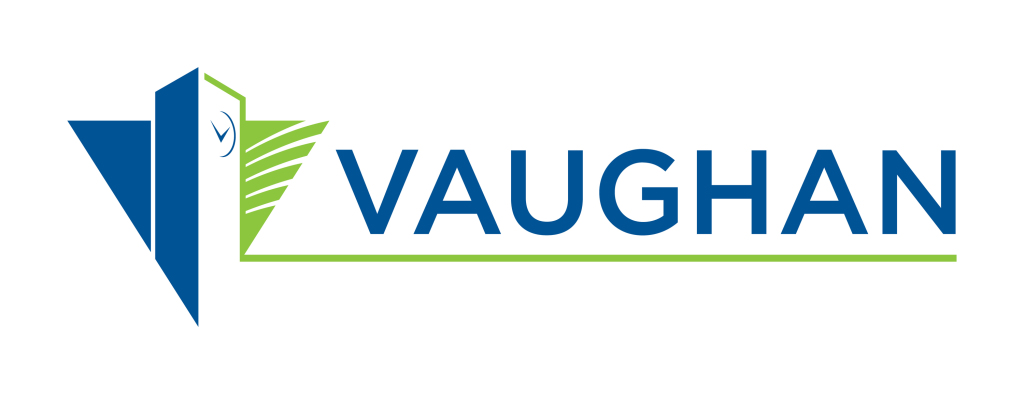
A key strategic goal for the City of Vaughan is to become more environmentally sustainable building a low-carbon economy and a more resilient city. To support this goal the City’s Fleet Management Services is currently working on the “Green Fleet Initiatives” strategy to reduce the City’s carbon footprint. Currently, the City’s 480 vehicles have annual fuel consumption of 850,000 litres, producing 1,996 metric tons of greenhouse gas emissions. The MUCP student team working with the City of Vaughan helped the City to identify leading practices in greening vehicle fleets and develop recommendations to support the City’s Green Fleet Initiatives Strategy.
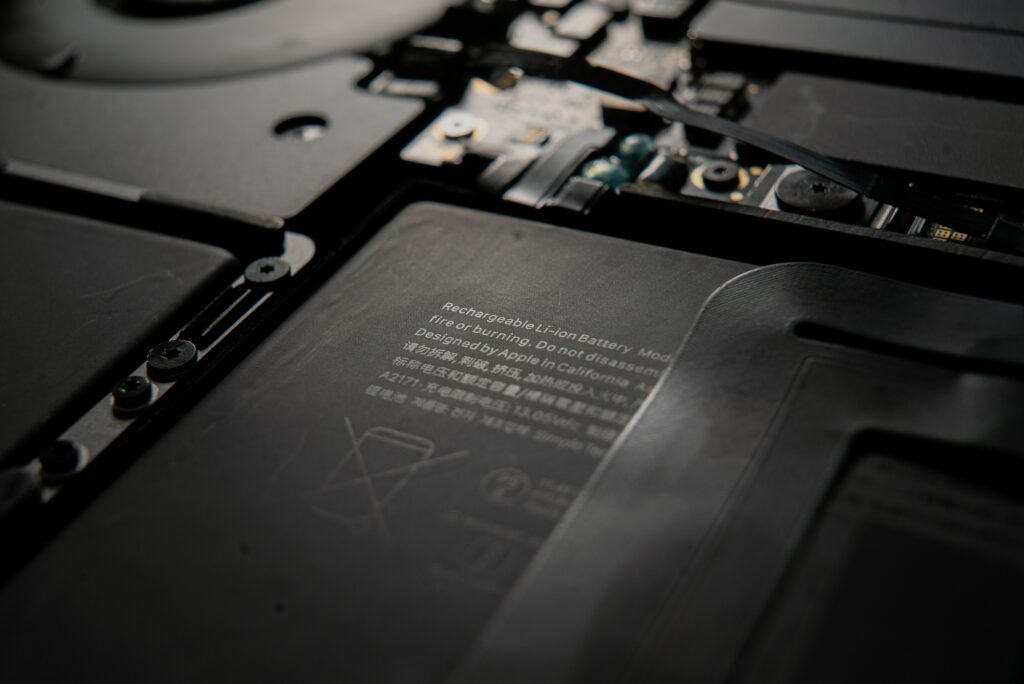
For many small businesses, knowing the carbon footprint of their products is becoming a necessity as customers become more concerned with purchasing environmentally friendly products. CarbonGraph is a digital platform designed to support small businesses to calculate their carbon footprint and share sustainability stories with customers. The MUCP team helped to identify the tools and data sources needed to automate carbon footprinting for Toronto businesses.

The Region of Peel, together with its municipalities (Brampton, Mississauga and Caledon) and partner Conservation Authorities came together as the Peel Climate Change Partnership (PCCP) to collaboratively reduce greenhouse gas emissions and adapt to climate change. One priority was to identify and prioritize tree planting and green infrastructure solutions in neighbourhoods vulnerable to extreme heat. PCCP research showed extreme heat vulnerability in three high-priority neighbourhoods exposing social vulnerabilities and harms associated with climate change. Adaptation programs were delivered, which emphasized green infrastructure and provided cooling effects.
To fully address equity concerns the PCCP wants to review their procedural (e.g. equitable decision making and governance) and recognitional (e.g. equal acknowledgement and respect of different identities) scope of local climate justice. The MUCP team proposed actionable projects and interventions for heat vulnerable neighbourhoods in Peel, respecting residents with lived experiences and supporting a deeper understanding of their needs.
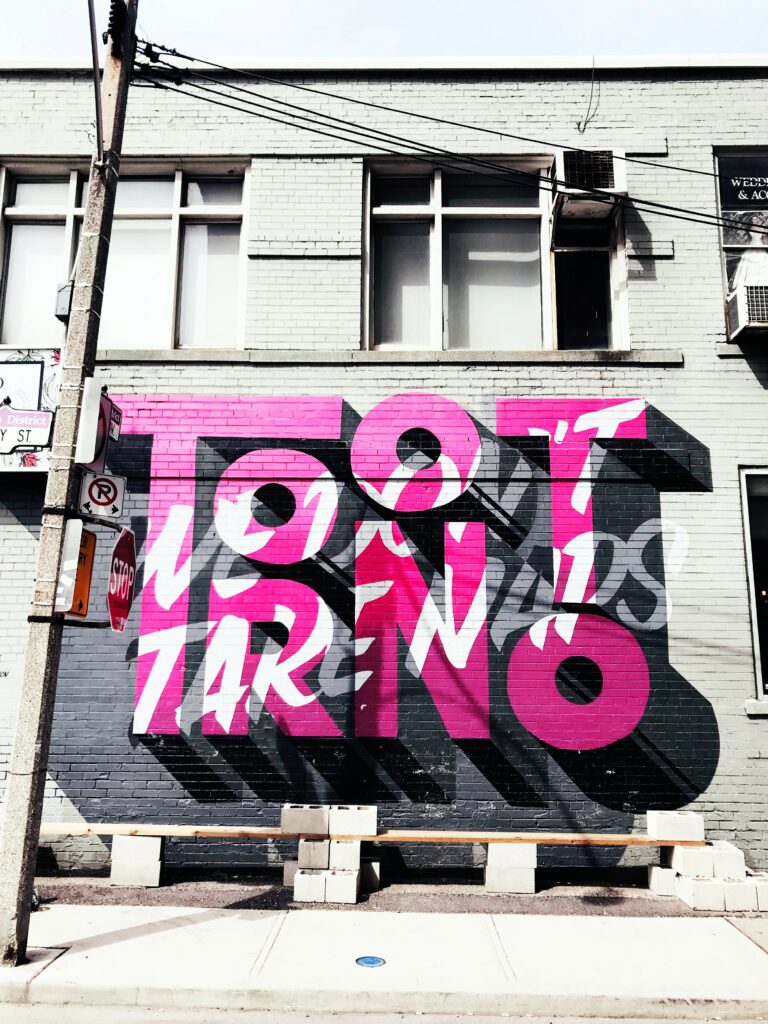
COVID has radically altered our way of life. As we move past the peak of the pandemic it remains to be seen how much of this change is temporary and how much represents a more permanent evolution of our society. A combination of relatively new technologies and alterations to workplace policies has allowed many people to work from home. The evolving spatial patterns of production and consumption are fundamentally altering the traditional geographic structures of cities. Not all places have felt these changes equally.
This project seeks to assess the impact of the changes on main streets in the Greater Toronto and Hamilton Area (GTHA). Main streets have typically been a focal point for urban society. They are places where people congregate for a wide variety of reasons. The aim of this research project was to better understand the varying degree to which main streets have been impacted by the pandemic and what interventions have had the greatest impact to support long-term equity and future-proof the recovery of our main streets.

The Canadian Council for Youth Prosperity (CCYP) is committed to changing systems that impact youth’s ability to thrive in the workforce. Parks, Forestry and Recreation department at the City of Toronto is the largest employer of youth employed by the City and provides experiences for youth to further their careers in the natural sciences, mathematics, ecology, engineering and resource management. Black and/or other racially visible youth are severely under-represented relative to their population in employment in parks, nature reserves etc. (Heritage Institution sector). MUCP students developed an understanding of the existing outreach strategies and approaches in hiring for conservation activities, parks and nature reserves etc. (Heritage Institution sector). They identified gaps in the existing recruitment process and devised improvements to them through understanding conditions faced by the community.
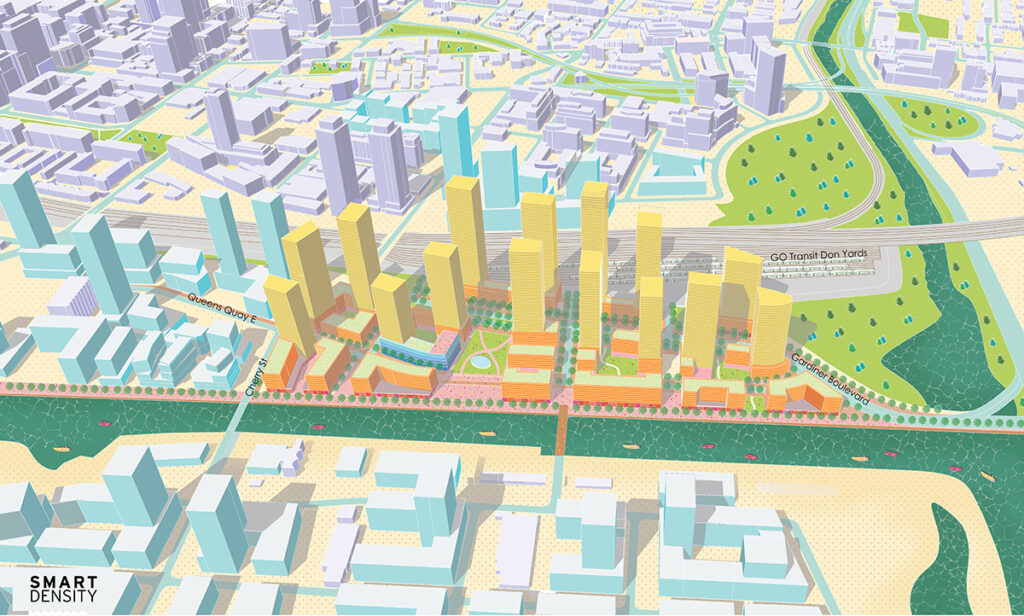
Smart Density is an architecture and urban planning firm founded in 2016 who want to help drive the conversation about what denser, more sustainable, and more livable neighbourhoods can and should look like. With over one hundred master planned communities proposed or under construction in the GTHA, it’s an important time to examine the relationship between tall buildings and the public realm. MUCP students contributed to a published collaborative Guidebook and identified communities from around the world that are similar in scale, character and scope to those in Toronto. Within the Toronto context, this guidebook explored international master planned neighbourhoods to analyze new high-rise developments and how their advantages can be integrated with appealing urban environments.

Tata Consultancy Services is an international IT services, consulting and business solutions organization that offers an integrated portfolio of business, technology and engineering services and solutions. The global aging demography of the population poses several crises:
- Health crisis: The increase in longevity is aggravating the morbidity expansion. The health infrastructure across the world is incapable of supporting this overwhelming requirement.
- Financial Crisis: Inadequate savings and long-term healthcare expenses could leave the Baby Boomers outliving their retirement nest egg.
- Technology: The pace at which emerging technologies and devices are growing requires the elderly to keep themselves continuously updated and upgraded. This challenges their self-reliance and makes them vulnerable as they become more dependent on others to perform tasks.


